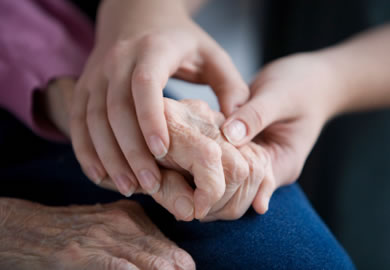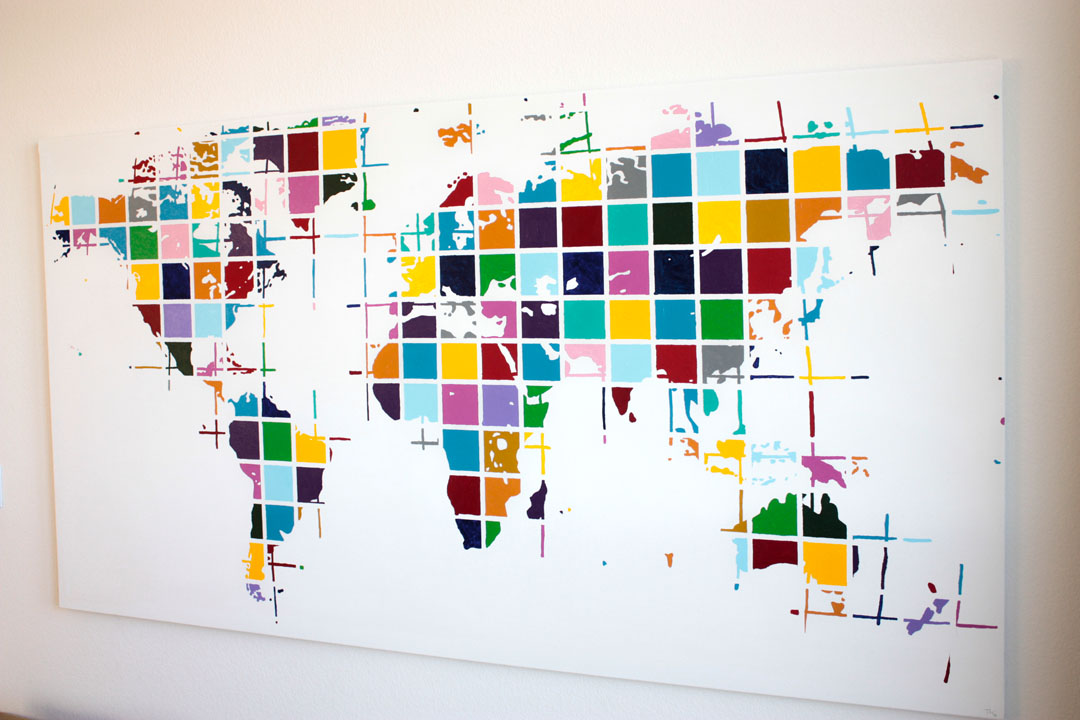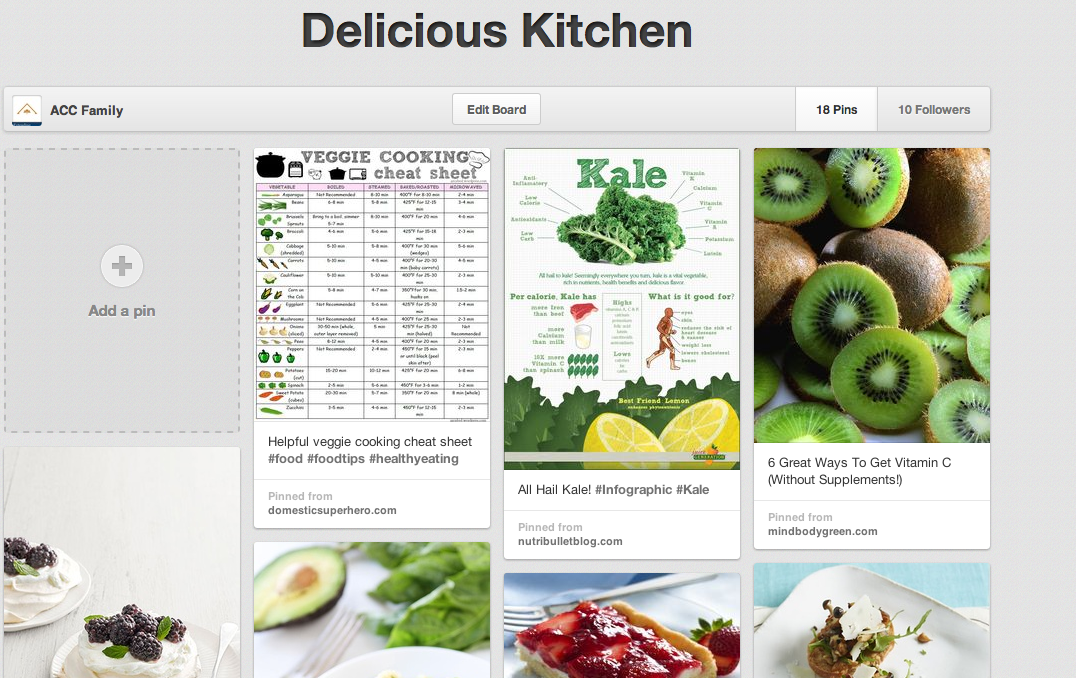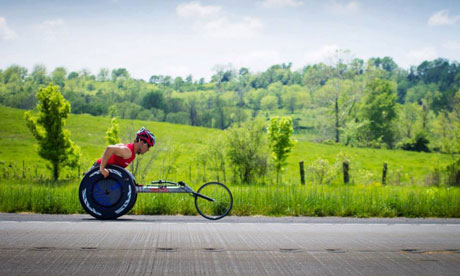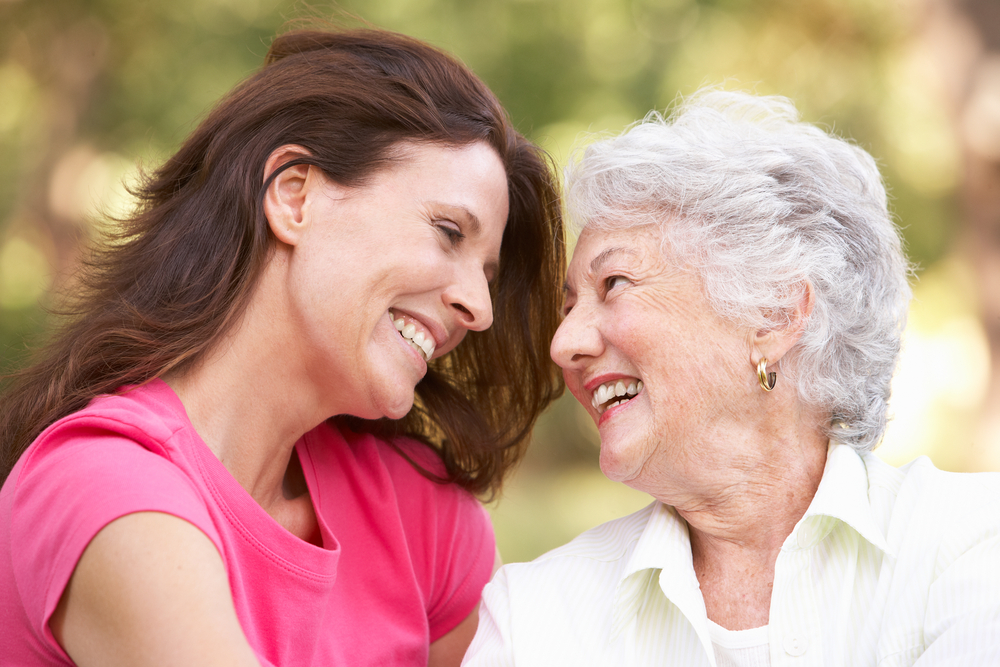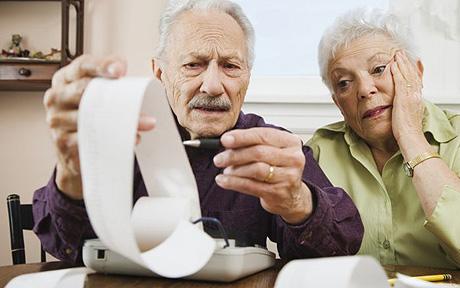Question Posed: Name an act that not only increases physical well-being and pain control, but eases mental stress and emotional turmoil. Go.
That's right, vibrant minions. Therapeutic massage, centuries old and forever young, holds a key for increased mental ferocity and physical prowess. Aiding the lymphatic and circulation system, easing joint and muscular pain, increasing range of motion, and improving sleep are only a few of the physical benefits. Decreasing anxiety, relieving stress, and enhancing alertness are some of the emotional benefits.
Now, dear readers of the blogosphere, you may hesitantly pondering how this applies to home-care, the elderly, or gerontology. Massage is beneficial, but everyone seems a bit nervous about the possible effects on an older population. Fragile skin, decreased muscle mass - is it really safe?
The answer is YES, but there are a few catches. Geriatric massage is incredibly beneficial and invigorating, but the right framework needs to be in place. A trained and licensed therapist foremost is the key; one who knows your medical history and tendencies. Most forms of geriatric massage involved a lighter pressure and soothing strokes, which ultimately ignite the best effect. With the proper research of options available in your community, you are on your way to health perks not otherwise known.
Massage on!

